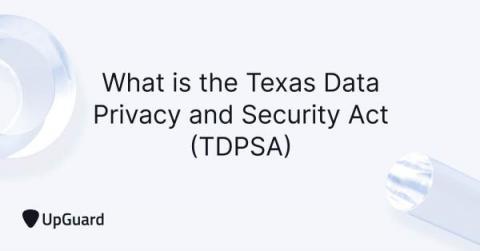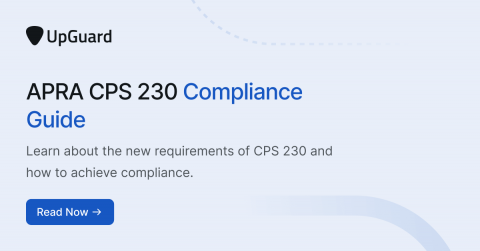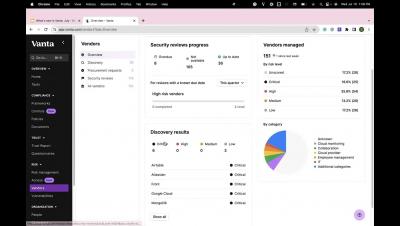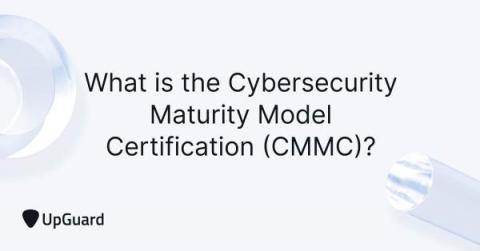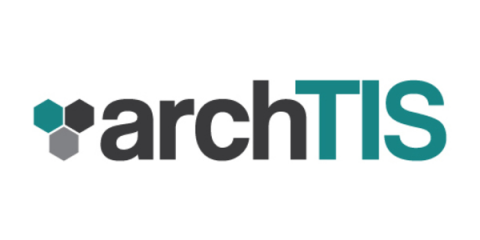What Are the Types of Audit Evidence?
The collection and evaluation of audit evidence plays an important role in assessing an organization’s compliance with established standards. The American Institute of Certified Public Accountants (AICPA) serves as a guiding force, establishing methods that auditors should use to carry out their duties effectively. As auditors start their examination, they first collect and analyze various types of audit evidence, each serving as a piece of the puzzle that forms the auditor’s report.



